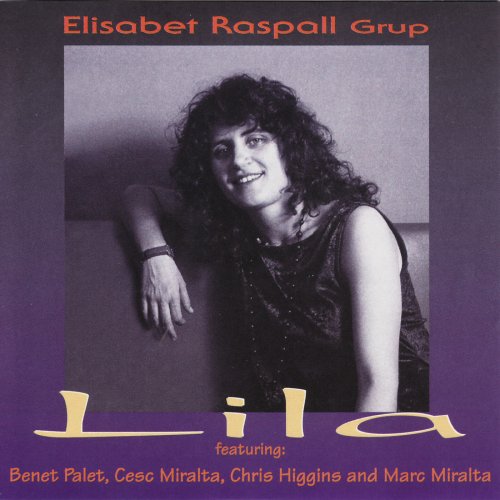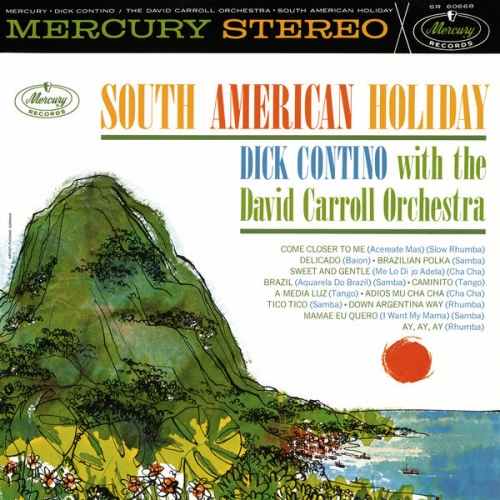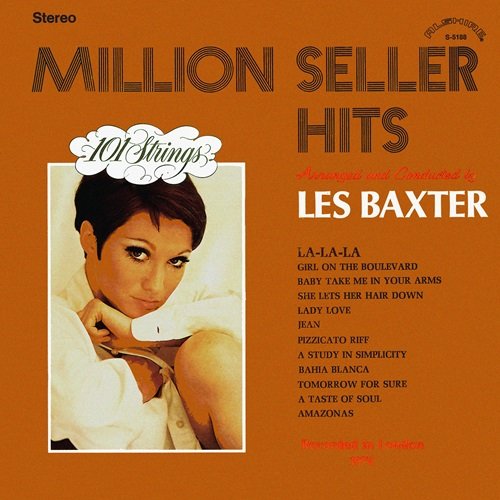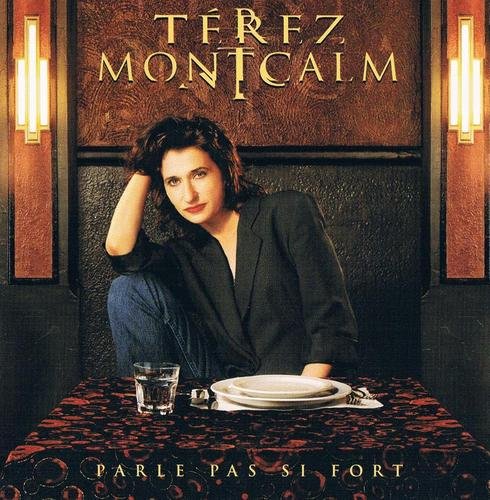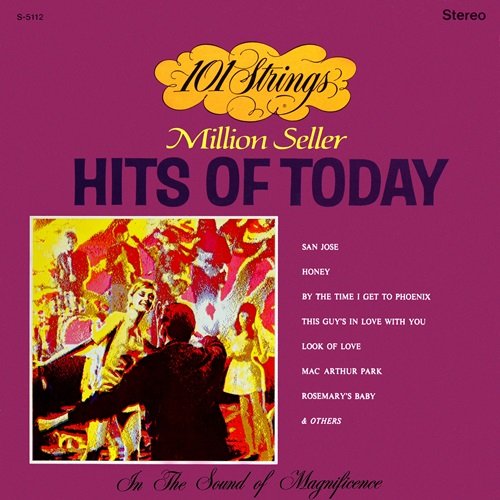Himlische Cantorey, Les Amis de Philippe, Ludger Rémy - C.P.E. Bach: Hamburgische Festmusiken (2006)
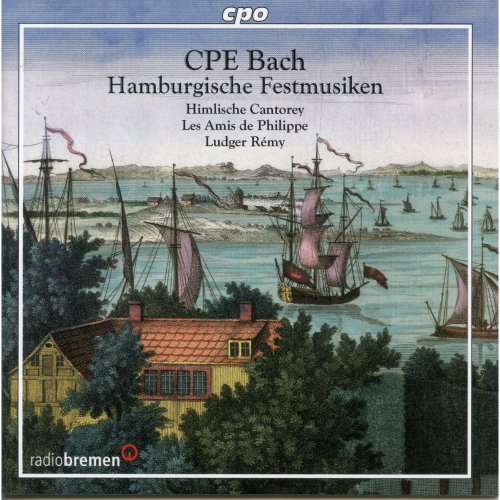
Artist: Himlische Cantorey, Les Amis de Philippe, Ludger Rémy
Title: C.P.E. Bach: Hamburgische Festmusiken
Year Of Release: 2006
Label: CPO
Genre: Classical
Quality: flac lossless (tracks)
Total Time: 01:13:25
Total Size: 397 mb
WebSite: Album Preview
TracklistTitle: C.P.E. Bach: Hamburgische Festmusiken
Year Of Release: 2006
Label: CPO
Genre: Classical
Quality: flac lossless (tracks)
Total Time: 01:13:25
Total Size: 397 mb
WebSite: Album Preview
01. Leite mich nach deinem Willen, Wq. 227, H. 835
02. Herr Gott, du bist unser Zuflucht, Wq. 253, H. 821m, Pt. 1: No. 1, Herr Gott, du bist unser Zuflucht
03. Herr Gott, du bist unser Zuflucht, Wq. 253, H. 821m, Pt. 1: No. 2, Unwandelbarer, der keine Grenzen kennt
04. Herr Gott, du bist unser Zuflucht, Wq. 253, H. 821m, Pt. 1: No. 3, Unwandelbarer, welch ein Gedanke
05. Herr Gott, du bist unser Zuflucht, Wq. 253, H. 821m, Pt. 1: No. 4, Um dich ist ewigs Licht - Denn tausend Jahre sind vor dir
06. Herr Gott, du bist unser Zuflucht, Wq. 253, H. 821m, Pt. 1: No. 5, Wenn einst vor deinem Schelten
07. Herr Gott, du bist unser Zuflucht, Wq. 253, H. 821m, Pt. 1: No. 6, Du bleibest ewiglich
08. Herr Gott, du bist unser Zuflucht, Wq. 253, H. 821m, Pt. 1: No. 7, Ja, zage nicht dem nahen Grab entgegen!
09. Herr Gott, du bist unser Zuflucht, Wq. 253, H. 821m, Pt. 1: No. 8, Schon hör ich die Posaune schallen
10. Herr Gott, du bist unser Zuflucht, Wq. 253, H. 821m, Pt. 1: No. 9, Springt, ihr Grabesfesseln, springt!
11. Herr Gott, du bist unser Zuflucht, Wq. 253, H. 821m, Pt. 2: No. 10, Erhöhter Menschensohn
12. Herr Gott, du bist unser Zuflucht, Wq. 253, H. 821m, Pt. 2: No. 11, Seht, Gottes Klarheit füllt sein Haus
13. Herr Gott, du bist unser Zuflucht, Wq. 253, H. 821m, Pt. 2: No. 12, Einst wart ihr
14. Herr Gott, du bist unser Zuflucht, Wq. 253, H. 821m, Pt. 2: No. 13, Zeige dich der Herde Blicken
15. Herr Gott, du bist unser Zuflucht, Wq. 253, H. 821m, Pt. 2: No. 14, Gott, der du deines Volks gedenkest
16. Mein Heiland, meine Zuversicht, Wq. 221, H. 830
17. Der Herr lebet und gelobet sey mein Hort, Wq. 251, H. 821g, Pt. 1: No. 1, Der Herr lebet, und gelobet sei mein Hort
18. Der Herr lebet und gelobet sey mein Hort, Wq. 251, H. 821g, Pt. 1: No. 2, Von deinen Wundern
19. Der Herr lebet und gelobet sey mein Hort, Wq. 251, H. 821g, Pt. 1: No. 3, Erhebe dich in lauten Jubelchören
20. Der Herr lebet und gelobet sey mein Hort, Wq. 251, H. 821g, Pt. 1: No. 4, Allein was wärst du
21. Der Herr lebet und gelobet sey mein Hort, Wq. 251, H. 821g, Pt. 1: No. 5, Umsonst empören sich die Spötter
22. Der Herr lebet und gelobet sey mein Hort, Wq. 251, H. 821g, Pt. 1: No. 6, Gesegnet sei uns denn der Mann
23. Der Herr lebet und gelobet sey mein Hort, Wq. 251, H. 821g, Pt. 1: No. 7, Ruhe sanft, verklärter Lehrer
24. Der Herr lebet und gelobet sey mein Hort, Wq. 251, H. 821g, Pt. 1: No. 8, Dann wollen wir, vereint mit dir - No. 9, Heilig ist unser Gott
25. Der Herr lebet und gelobet sey mein Hort, Wq. 251, H. 821g, Pt. 1: No. 10, Die frohe Hoffnung hemme deine Klage
26. Der Herr lebet und gelobet sey mein Hort, Wq. 251, H. 821g, Pt. 1: No. 11, Es danke Gott und lobe dich
27. Der Herr lebet und gelobet sey mein Hort, Wq. 251, H. 821g, Pt. 2: No. 12, Dein Wort, o Herr, ist Geist und Leben
28. Der Herr lebet und gelobet sey mein Hort, Wq. 251, H. 821g, Pt. 2: No. 13, Wer dieses helle Licht verkennt
29. Der Herr lebet und gelobet sey mein Hort, Wq. 251, H. 821g, Pt. 2: No. 14, Das Wort des Höchsten stärkt
30. Der Herr lebet und gelobet sey mein Hort, Wq. 251, H. 821g, Pt. 2: No. 15, Herr unser Hort
31. Der Herr lebet und gelobet sey mein Hort, Wq. 251, H. 821g, Pt. 2: No. 16, Lass uns dies Wort
32. Der Herr lebet und gelobet sey mein Hort, Wq. 251, H. 821g, Pt. 2: No. 17, Nun, so tritt mit heiterm Sinn
33. Der Herr lebet und gelobet sey mein Hort, Wq. 251, H. 821g, Pt. 2: No. 18, Lob, Ehr und Preis sei Gott
34. Amen, Amen, Lob und Preis, Wq. 226, H. 834
The music on this disc dates from the 1780s, late in C.P.E. Bach's career, when he was the music director for the city of Hamburg. While Mozart was wrangling with archbishops and nobles, and soaking up the revolutionary winds blowing from France, these pieces were written for the most old-fashioned kind of event imaginable -- ceremonies marking the inductions of prominent individuals to the Lutheran ministry. The odd but rather deep liner notes (you know you're dealing with a German recording when you pick up the notes and read something like "Nevertheless, the contradiction between subjective and objective consideration remains") provide a good deal of the works' reception history, and one learns that a generation after they were written, they were already being condemned as insignificant relics of an older way of doing things. Many listeners will reach the same conclusion; Bach's festival cantatas are uneasy mixtures of chorales and operatic arias, with rather pompous passages of trumpets and drums that don't mesh with the more melodic materials, all tied to religious texts that, like some of those promulgated today, seem to protest too much.
Yet a certain kind of philosophically oriented listener will be intrigued. What happens when geniuses take comfortable, well-paid positions far from the latest developments? Why do young musicians move to New York, or Los Angeles, or Atlanta, or Nashville, instead of attempting to make great music in Wichita, or Scranton, or Sioux Falls? Conductor Ludger Rémy (check out the photo of him, with cigarette, on the back of the booklet!), with his Himlische Cantorey small choir and Les Amis de Philippe orchestra, try to divorce the music from any historical considerations and give us an "objective" look. And, of course, one can find the unique and daring expressive personality of C.P.E. Bach here if one looks for it; the sequence of musical events is quite imaginative, and, as with a lot of C.P.E. Bach, the two cantatas here (framed by single choruses with similar purposes) sound unlike any other music of their time. The boxy sound of this recording is wrong; this was music performed in big Hamburg churches, and it needed to sound resplendent, or at least imposing. However, libraries should collect this very unusual and quite thought-provoking disc, and anyone who has pondered the relationship between music and the historical currents in which it flows may want to hear it as well.
![VA - Bossa n' Collins (2026) [Hi-Res] VA - Bossa n' Collins (2026) [Hi-Res]](https://www.dibpic.com/uploads/posts/2026-01/1767358905_z6fj4mp1lrn4a_600.jpg)
